Vascular Surgery
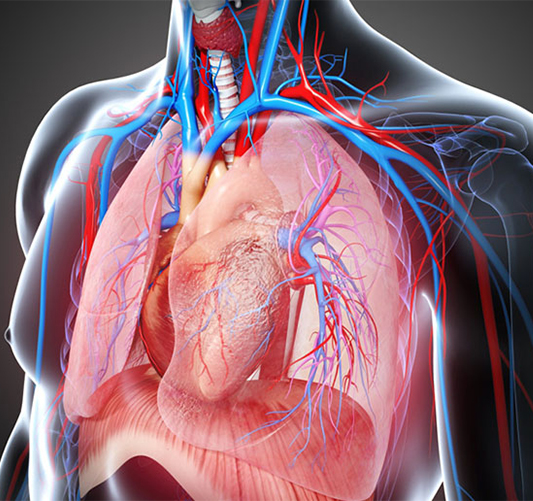
Vascular surgery is a specialized medical field focusing on treating diseases that affect blood vessels, including arteries and veins. It involves a wide array of procedures aimed at enhancing blood flow and reinstating vascular health. Vascular surgeons possess extensive expertise in diagnosing and managing conditions such as peripheral artery disease, aortic aneurysms, varicose veins, and carotid artery disease.
Within vascular surgery, various techniques are utilized to address vascular disorders. One common procedure is bypass surgery, where an alternative pathway for blood flow is created by grafting a healthy blood vessel or synthetic graft around a blocked or narrowed segment. Another frequently performed intervention is endovascular treatment, which employs minimally invasive methods to access and treat diseased blood vessels. This may include angioplasty, involving the use of a balloon catheter to widen a narrowed vessel, or the insertion of stents to maintain artery patency. Additionally, vascular surgery encompasses therapies for venous conditions, such as sclerotherapy for varicose veins or the removal of blood clots in deep vein thrombosis.
Reasons why a Vascular Surgery may work for you






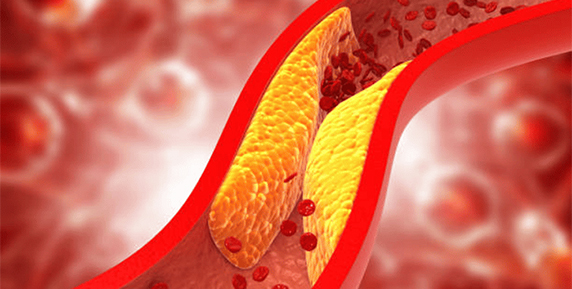
To address severe arterial blockages
Vascular surgery is crucial for managing significant arterial blockages as it can re-establish adequate blood flow and mitigate additional risks such as tissue damage or organ dysfunction.
To restore normal blood flow and prevent complications
Vascular surgery is pivotal in rectifying blockages and ensuring healthy blood flow in blood vessels. It also strengthens weakened vessel walls, reducing the chance of rupture and potential life-threatening hemorrhage.
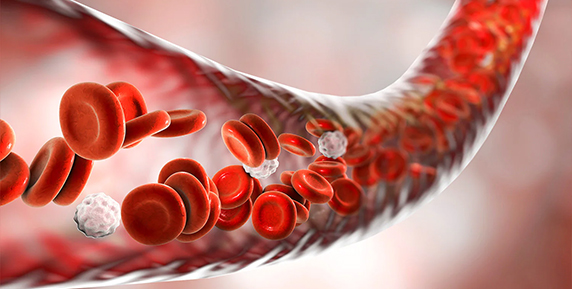
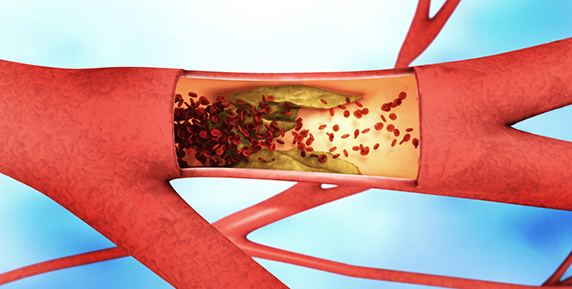
To relieve symptoms of peripheral artery disease
If you continue to suffer from persistent and severe symptoms of peripheral artery disease (PAD) despite conservative treatments, you might contemplate vascular surgery as a means to alleviate the condition.
To reduce the risk of heart attack or stroke
Considering cardiovascular surgery can be advantageous in mitigating the risk of heart attack or stroke. This specialized medical intervention targets underlying vascular concerns, thus enhancing heart health.


To improve quality of life and mobility
Vascular therapy aids in managing circulation problems, diminishing the likelihood of complications such as blood clots, varicose veins, and peripheral artery disease. This leads to improved mobility and overall quality of life.
To treat aneurysms and prevent rupture
Vascular treatment for aneurysms is essential to avert rupture, which may result in life-threatening hemorrhage and potentially lethal outcomes.
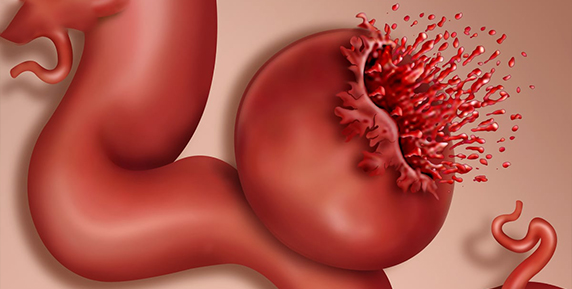
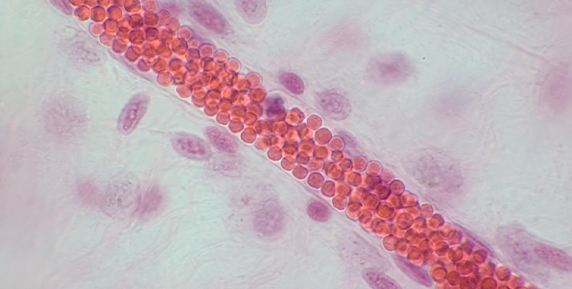
To repair damaged blood vessels
If you have impaired blood vessels, contemplating vascular treatment is crucial for multiple reasons. Vascular treatment can mitigate enduring symptoms like discomfort, inflammation, or loss of sensation in the impacted region, ultimately enhancing your overall quality of life.
To prevent tissue damage and amputation
By intervening early, vascular treatment can halt the advancement of vascular diseases, consequently diminishing the risk of tissue damage caused by impaired blood supply and the chances of severe complications that could result in amputation.


To alleviate chronic pain caused by vascular conditions
If you are enduring persistent pain due to vascular conditions, contemplating vascular treatment could offer substantial alleviation and enhance your quality of life.
To enhance overall cardiovascular health
Opting for vascular treatment can assist in the management of conditions such as peripheral artery disease, improving mobility and decreasing the risk of complications associated with inadequate circulation.

